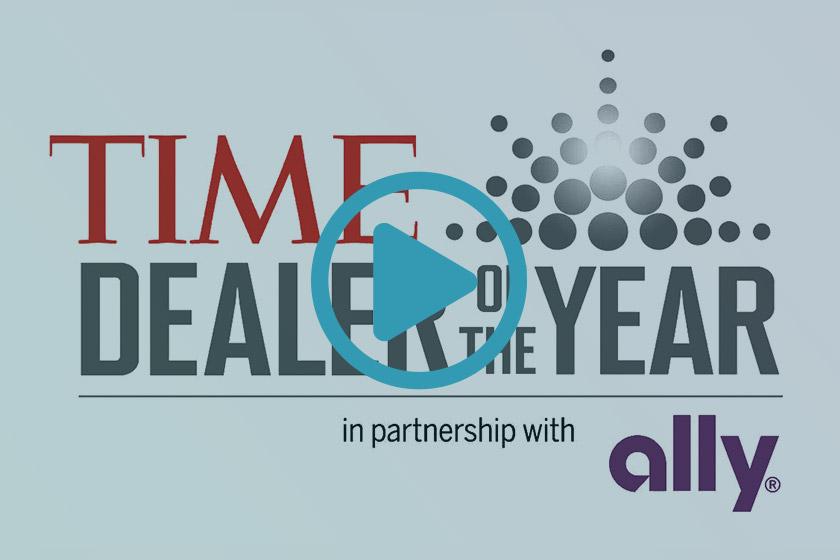Email is a critical platform for marketing and outreach, something that most business owners are well aware of. You put attention and care into the marketing emails you send, and hope that each message is actually read. Of course, it doesn’t always happen that way. In fact, some emails never make it to customer inboxes at all—not because of a technical mishap, but because the sender has been blacklisted.
Why Blacklisting Happens
But what does this mean, exactly? Consider this: Nobody likes receiving spam, and as such, any halfway decent email program is going to come with a built-in spam filter. The average spammer isn’t going to throw in the towel after just one message, though; he or she will continue to send spammy messages. Rather than keep depositing those into the spam folder, your email program may block all messages from that IP sender—and that’s the process that we call blacklisting.
“An email blacklist, also known as a DNS-based Blackhole List is a real-time database that uses set criteria to determine if an IP is sending email that could be considered spam,” says SendGrid. “There are several blacklists including Spamhaus, Barracuda Reputation Block List, and SpamCop to name a few, but they all have their own criteria for accepting inbound mail and all can have a negative affect on your delivery rate.”
What this means for you, as a marketer, is that if you send a single message that gets flagged as spam, it’s likely to be discarded, sight unseen—but not only that, it will set off all kind of alarm bells that you are a spammer. And if it happens a couple more times, you may find that all emails from your company and your server are blacklisted. If that’s the case, delivery of future emails will not be accepted.
When You Get Blacklisted
It’s worth noting that, if your emails have been blacklisted, it’s possible that you are, in fact, a spammer—but if so, you probably know it already. Just to be clear, though, sending unsolicited emails to a large, indiscriminate group—people who have not signed up for your email list—is not considered reputable marketing, and it’s sure to get you blacklisted sooner or later.
Assuming that doesn’t apply to you, though, receiving an email notification that you’ve been blacklisted can obviously be frustrating. You should also seize it as an opportunity to reevaluate your email marketing practices. Something abut your content has been deemed spammy—that is, lacking in value for the reader. If you can fix your email strategy, you can avoid making it on to any further blacklists.
Getting Off the Blacklist
The email you receive, alerting you that you’ve been blacklisted, should provide you with a link you can use to request being delisted. Explaining that you are a reputable company that only sends emails to people who sign up for them will usually do the trick. If this doesn’t work, you can reach out to your hosting provider for more tips.
You won’t necessarily receive an email in every case, though, so it’s also important to be vigilant in monitoring your IP address. There are a number of services that allow you to do so, and also provide easy-to-use tools to help you request blacklist removal. One that we recommend is available here.
In some cases, your IP may be dropped from the blacklist automatically, usually after a period of a few weeks—but you don’t necessarily want to wait for this to happen. We recommend taking action to get your emails off the list sooner rather than later.
Staying Off the Blacklist
Getting off the blacklist is only the first step, though; you’ll also want to ensure that you stay off it. One recommendation is to ensure that you’re segmenting your list; rather than sending generalized emails in bulk, send more narrowly targeted emails to smaller groups. Also ensure that you’re writing something of real value to the reader, and avoiding any salesy jargon. This is especially important in your subject line, where something like “Get 20 percent off today” is likely going to get marked as spam.
A sound email marketing strategy is what you ultimately need to avoid getting blacklisted—and that’s something enCOMPASS can help you develop. Start the process by reaching out to our marketing consultants today.
SHARE THIS ARTICLE:



